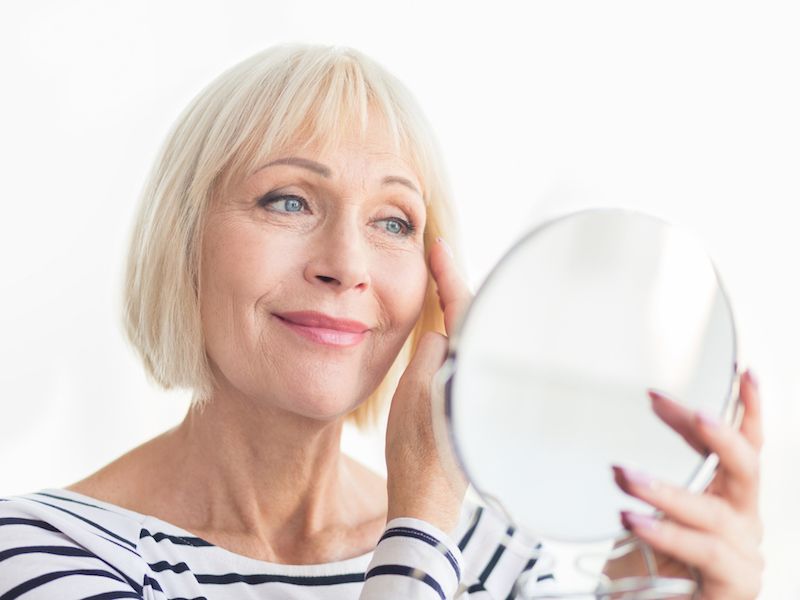
It seems as if we’re always attempting to stay youthful. From wrinkle creams to Botox to special diets to spin class, we spend countless hours every day doing everything we can to slow the steady march of aging. And yet, even with all that effort (and all that time), the one thing that may actually work, we often avoid: using ear protection.
Hearing impairment is often one of those “signs of aging” that we tend to consider to be inevitable. But it’s not as simple as that. You can keep your hearing in great shape and help avoid damage by protecting and caring for your ears. And good hearing can have considerable anti-aging effects as time goes by.
Aging And Hearing
When we talk about “aging” we don’t usually mean the actual passage of time. Instead, specific mental. emotional, or physical changes are signs that somebody is getting older. Joint pain is a great illustration of this. You may relate sore knees, for example, with “getting old”. But lifestyle has as much to do with this as does age.
The same will also apply to many types of hearing loss. There’s an accumulation of damage as you age. And in most situations, it’s the build-up of damage that causes the actual hearing degeneration. And it’s often downhill from there. Untreated hearing loss has been related to several other signs of aging:
- Research has shown a robust link between neglected hearing loss, depression, and anxiety.
- In some cases, issues such as insomnia and loss of memory, can be initiated by the cognitive strain of attempting to hear. And, in an especially intense way, that can make you feel like you are getting old.
- Self isolation from family and friends can be the outcome of neglected hearing loss.
- When hearing problems are unnoticed and neglected they can often accelerate the onset of other mental health problems, including dementia.
So How do I Overcome Age-Related Hearing Loss?
When you fight the “signs of aging” in your ears, you’re actually placing a focus on controlling damage. And fortunately, there are quite a few ways to achieve that. Here are some things you can do:
- As much as you can, steer clear of loud noises. If you have to expose yourself to loud noise, use hearing protection. So when you go see that concert with your favorite musician, be sure to use earplugs.
- If you happen to work in a somewhat noisy environment, wear hearing protection. With modern quality ear muffs, loud noises are eliminated while you can still hear people talking clearly.
- Boost your awareness. It isn’t just the painfully loud sounds that can result in harm. Your ears can also be injured by moderate noise if you are exposed to it for long time periods.
Your ears can be safeguarded by all of these steps. But in order to keep your hearing in good condition you can do one more thing: make an appointment with us for a hearing examination. Catching hearing loss before it’s perceptible can be achieved by getting regular tests. You should still have a screening even if your hearing is fine so that you can have a standard to compare against in the future.
Keep Your Ears Healthy by Wearing Hearing Aids
The world we live in can be noisy. Your ability to prevent damage is essential, but you may ultimately detect some hearing loss in spite of your best efforts. You need to get help right away if you do notice any symptoms of hearing loss. Some of the age related issues linked to hearing loss can be prevented with a good pair of hearing aids.
You could maybe think of hearing aids as a facelift for your ears: something to make your ears to function a little more youthfully. And dementia, depression, and other problems can be prevented. This analogy only goes so far since a facelift is cosmetic and hearing aids are necessary. You may look younger if you use wrinkle cream. But if you really want to combat aging and feel somewhat more youthful, your best bet is to protect your hearing and take care of your hearing loss.